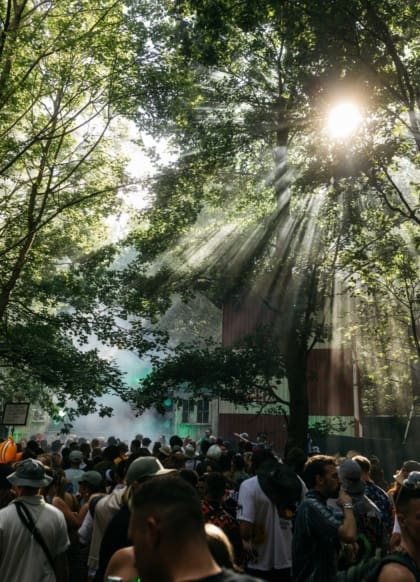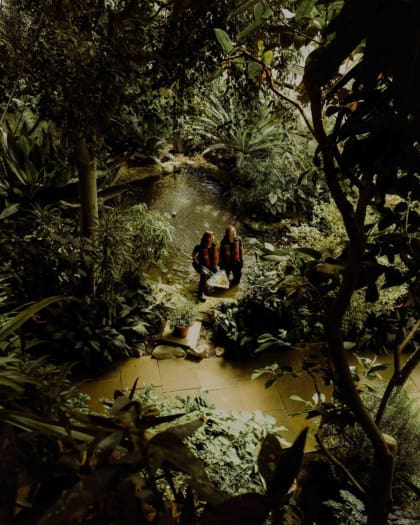
Can festivals ever be truly sustainable – and which are leading the way?
Sustainability is finally under the spotlight at a growing number of music festivals. But how realistic is a ‘carbon-neutral’ festival, will greater demand for sustainable events change the dial, and how can we all do our bit?
Trace the modern-day music festival back to its counter-cultural origins and it’s perhaps little surprise that the free-wheeling celebrations of the early 1970s gathered pace at a similar time to the nascent environmental movement. Born from a desire to connect and commune with nature, now iconic early events such as Glastonbury and Woodstock became standard-bearers for environmental activism as they evolved, whether championing land stewardship or pioneering partnerships with the likes of Greenpeace.
Yet as music festivals segued into mainstream culture in the late 1990s, larger crowds, corporate sponsorship and a widespread culture of consumption changed the game, bringing in new audiences and challenging ecosystems now hosting a ballooning number of crowded festivals. Alongside images of euphoric crowds, increasingly familiar became those of discarded tents and fields scattered with plastic cups. Today, even an event such as Burning Man in the Nevada Desert, born from an admirable ethos of transformative change, has become tarnished with enduring sights of carbon-releasing effigies, vast queues of traffic exiting the desert and – most damning – its specially constructed private jet airport to shuttling one-percenters on and off site.
Grassroots goals
A 2020 update to the influential The Show Must Go On report, focused upon the UK market, revealed that catering for the country’s five million camping festival attendees each year required seven million litres of fuel, created 25,800 tonnes of waste (most of which goes to landfill) and released 24,261 tonnes of CO2e. Audience travel (which accounts for around 40 per cent of a festival’s carbon footprint), powering crew facilities and stages, food vendors and toilets, all add up to create a significant environmental impact that for a long time simply hasn’t been addressed.
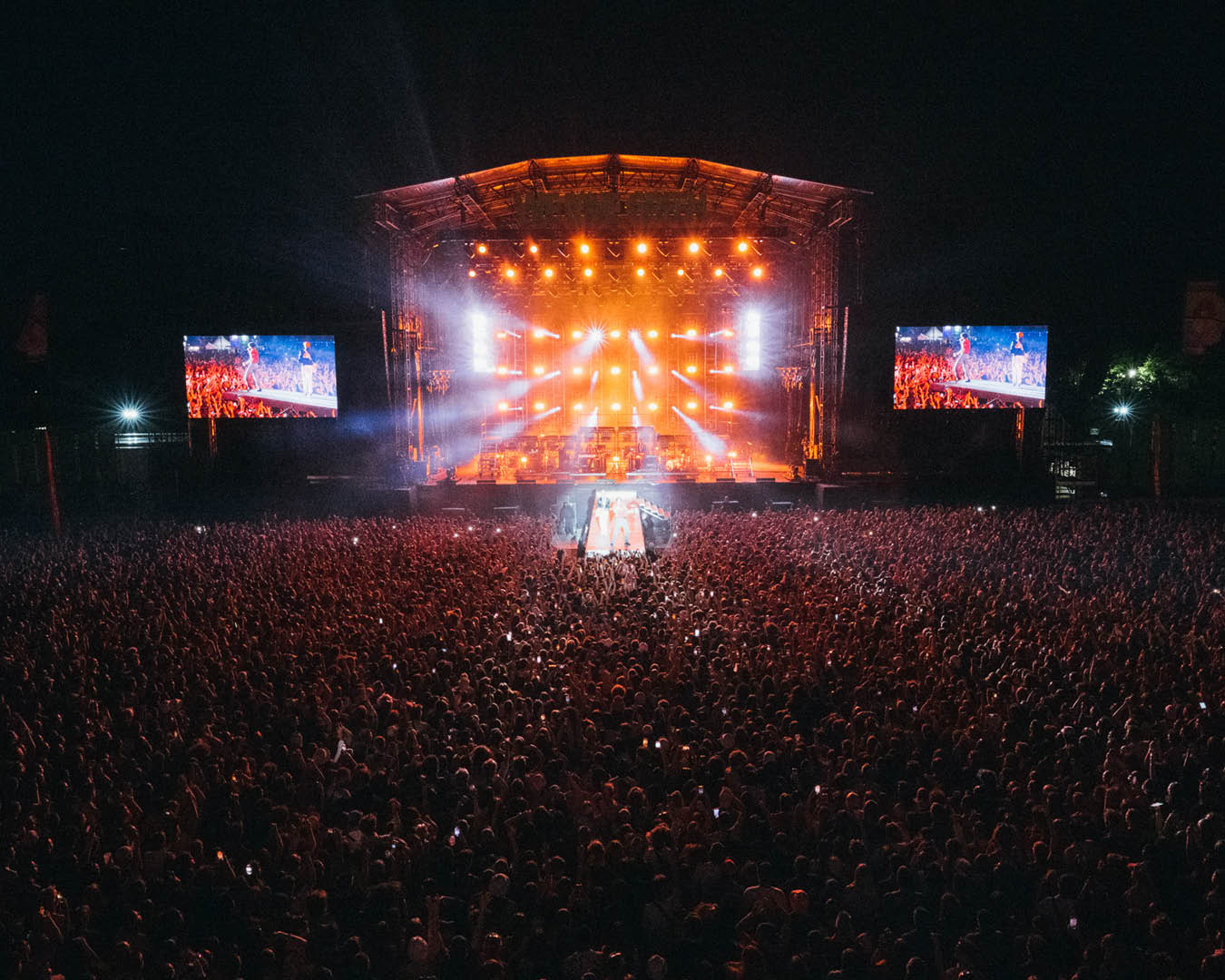
Yet the dial is shifting, stemming in part from festival operators themselves but also, crucially, their audiences. A couple of years ago, the ‘Turn Up The Volume’ survey from Music Declares Emergency and the University of Glasgow found that ‘music fans’ are most likely to care about climate change and place a higher priority on tackling the crisis than non-music fans, with data showing that the majority of these music fans expect the music industry to do more around the climate emergency and sustainability.
These expectations seem to be landing: as, in the past couple of years, there’s been a visible, tangible rise in environmental messaging that’s spread from the hippy fringe to mainstream events, led by pioneering figures and festivals. “Internationally I feel that the industry is moving faster than ever before, and perhaps with a different mindset to before,” says Mia Frogner, head of sustainability at Øya festival in Oslo. The festival’s significant green achievements over the past two decades include an arena run on power from the grid and free from fossil fuels (as opposed to relying on diesel-fuelled generators), food vendors serving organic food with no red meat, zero single-use plastics, the hand-sorting of waste, and – most recently – adding climate emissions calculation to food sold on site.
More and more, event organisers are realising that events and festivals are the perfect test arena for new solutions and that they can have a large impact on their audience,” she says. “Culture and the arts have always taken part in the ethical and moral discussions of society, and the climate crisis is no different.”
“Culture and the arts have always taken part in the ethical and moral discussions of society, and the climate crisis is no different”
Signs of change
Tangible attempts to reduce the impact of large-scale events are being made across the sector. A Greener Future, a UK-based industry-leading organisation behind a widely recognised certification scheme has done plenty to put sustainability front and centre within the sector, with its annual awards ceremony becoming a valuable marketing tool for festivals. It’s most recent report, analysing more than 40 festivals across 11 countries, shows that there have been significant areas of improvement, such as bans on single-use plastic serveware increasing from 54 per cent in 2022 to 75 per cent last year, a reduction in average waste per person per day from 0.75 kg to 0.5 kg, and more festivals going fully vegan or vegetarian.
What often makes these gains hard to quantify is the lack of transparency of green reporting and available data, which means it’s often hard to hold festivals to account. Yet as more and more events sign up to programmes such as Vision 2025, which is committed to helping the outdoor events industry take action on the climate crisis, and consumers continue to demand greater action, the industry can continue moving in the right direction.
But are we ever likely to achieve carbon-neutral live events? “If the premise of a festival is to have live shows on a stage, it will never be truly carbon-neutral without practising offsetting or other initiatives to make up for the emissions,” says Frogner. “But if you look at it from a broader perspective, cultural experiences and social meeting places are, I truly believe, an essential part of creating a sustainable way of life. We cannot stop enjoying ourselves in the name of sustainability; that will not create the much needed engagement and commitment the climate crisis is in desperate need of.”

How to be a better festival-goer
It’s this coming together that first saw the festival concept capture the imagination. Today, with greater choices and information available to us, it’s perhaps incumbent on us all to become better festival-goers: consuming less, wasting less and, perhaps, travelling less frequently. “We know the largest chunk of emissions associated with a live music event comes from the audience travel, so, if people going to a festival can be mindful of that – travelling together or by public transport – that has an effect,” says Greg Cochrane, co-founder of Sounds Like A Plan, a podcast that explores how the music community is tackling the climate crisis. However, he continues, while an important part of climate action is recognising that we all play a part, our actions are also dictated by the systems we inhabit. “It’s also the responsibility of our event organisers, local authorities, travel networks and governance to encourage these options to be open and available – that way, we can all get involved.”
As this year’s festival season gets underway, here are some of the best festivals pairing top-tier acts with sustainability credentials worth celebrating, from urban trailblazers to low-footprint camping events.
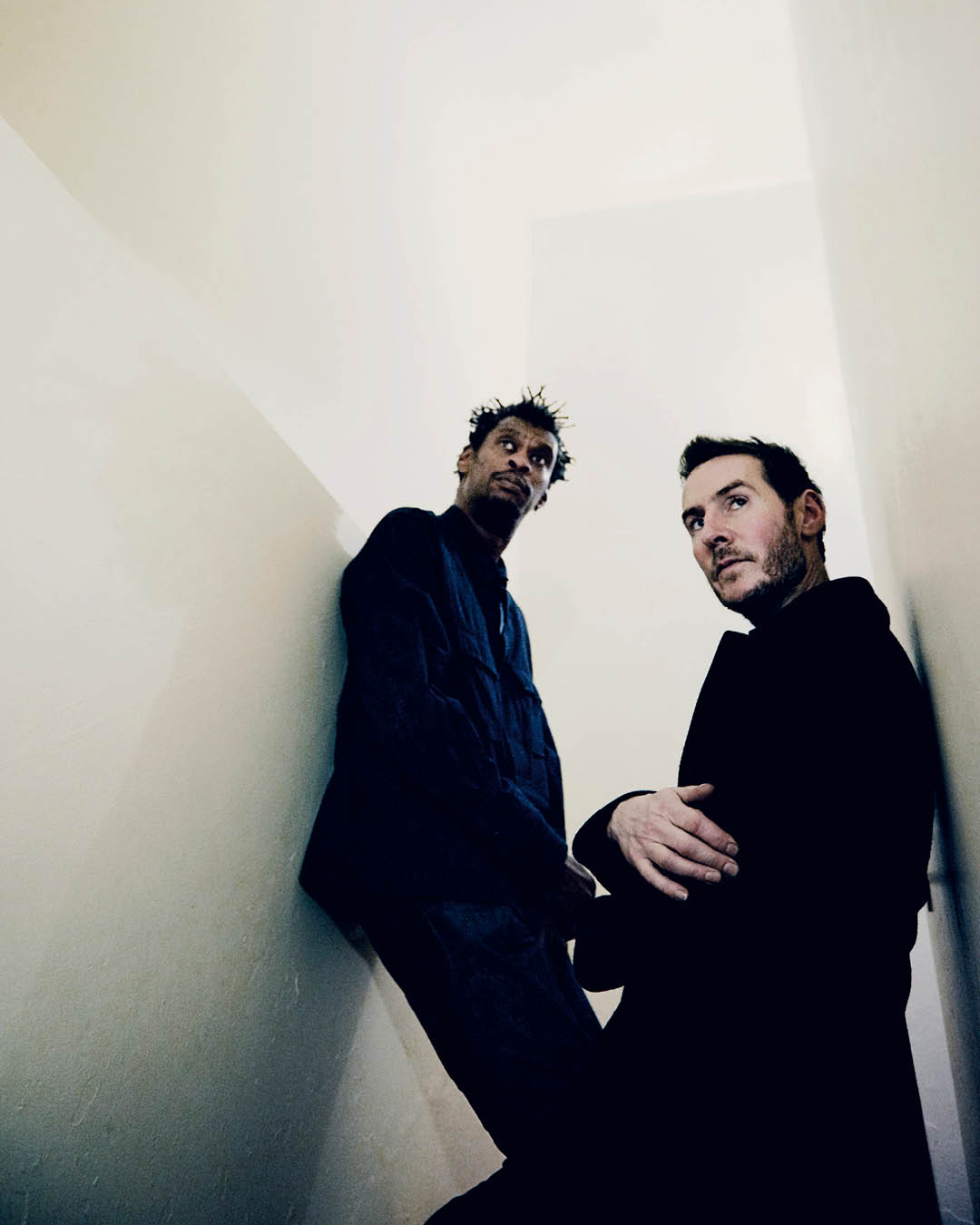
Massive Attack’s Act 1.5
Location: Bristol, UK
Dates: 25 August, 2024
Headliners: Massive Attack, special guests
Further gilding their reputation as eloquent agitators for social and political change, Robert Del Naja and Grant Marshall of Massive Attack return to the live circuit this summer with a slew of European headline appearances. But perhaps the biggest news is their homecoming show in Bristol. Billed as a “large-scale climate action accelerator event”, this ground-breaking event on Clifton Downs aims to set a new benchmark for low-carbon live music. The band were the first in the world to become members of the UN Race to Zero programme – committing all of their touring and production activities to Paris 1.5 compatible decarbonisation measures. This gig, which will also feature special guests, is defined by its locals-only presale, a meat-free arena, free electric post-show shuttle buses, and the creation of a new, climate resilient woodland plantation.
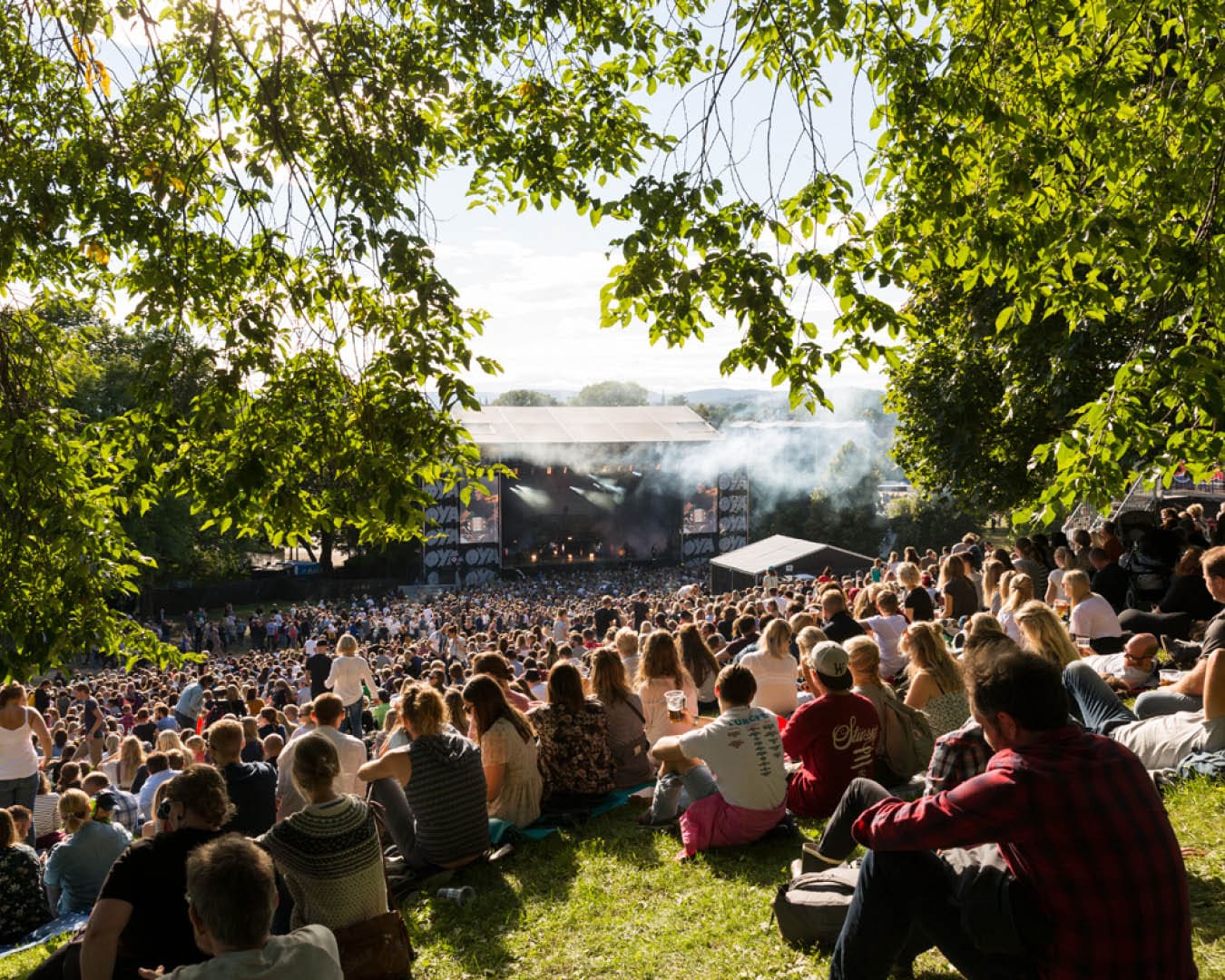
Øya
Location: Oslo, Norway
Dates: 7-10 August
Headliners: André 3000, Pulp, Janelle Monáe
Norway’s premier music event has been bringing a big-hitting roster of international artists to Oslo since launching in 1999, and their eco credentials are equally impressive. Certified as “Outstanding” by A Greener Future 12 times to date (and nominated most recently in seven out of the organisation’s nine categories), it’s succeeded in introducing an arena run on power from the grid and free from fossil fuels, food vendors that only serve organic food and no red meat, zero single-use plastics, and the hand-sorting of waste. In 2022, it introduced climate emission calculations, and guaranteed that meals do not exceed 0.5 kg CO2 per serving, which is below the average required to hit UN climate goals.
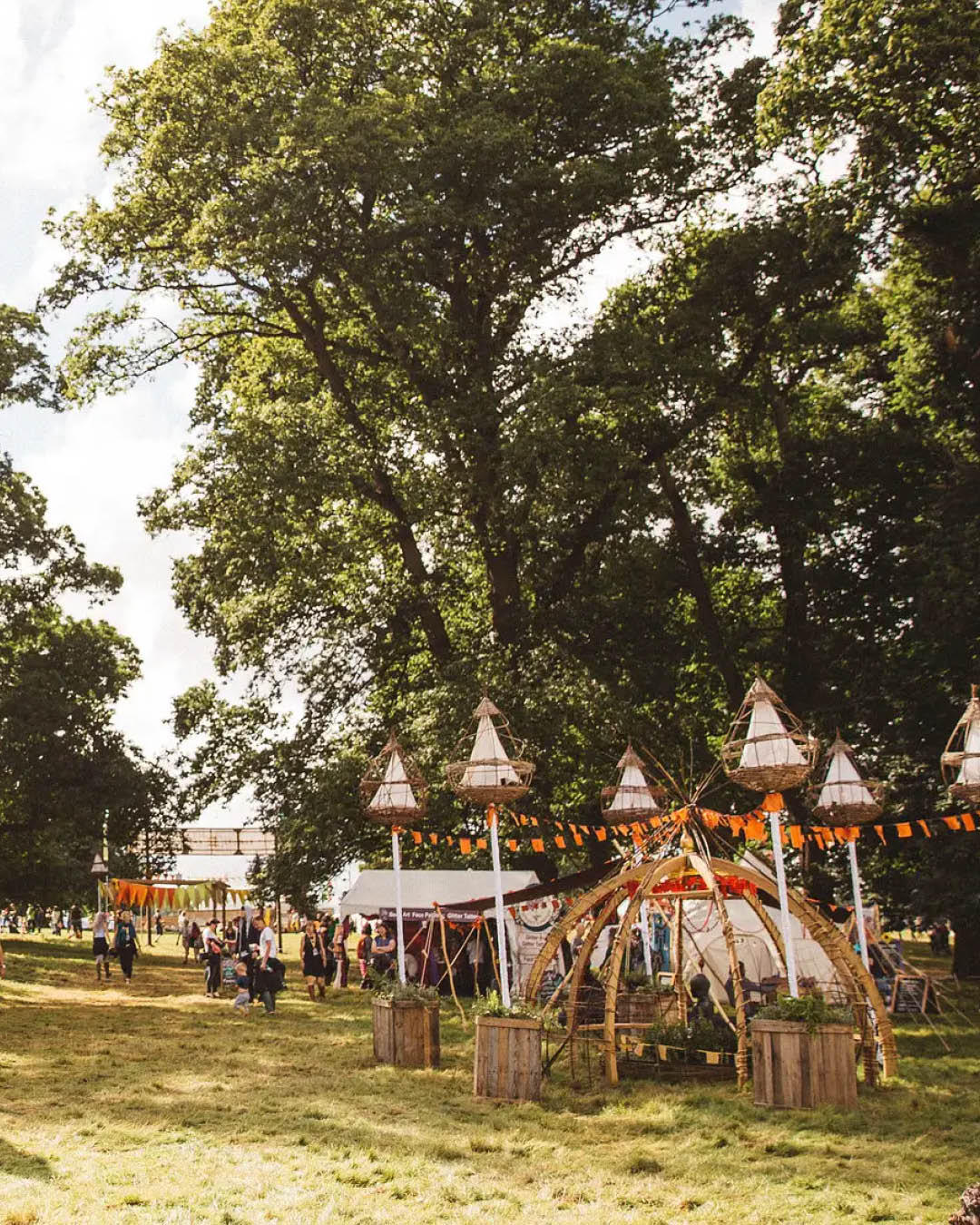
Green Man
Location: Crickhowell, Wales
Dates: 15-18 August
Headliners: Sampha, Big Thief, Ezra Collective
Nestled in the hills of the Black Mountains in Wales, Green Man has garnered a loyal following for its eclectic lineups that pair the earthy with the experimental, while maintaining family-friendly appeal and, increasingly, impressive eco credentials. A founding supporter of Vision 2025, Green Man has pledged to reduce its environmental impact by half by 2025. To meet this target, the 25,000-capacity event is entirely powered by hydrogen, solar or hydrotreated vegetable oil (HVO) – a fossil-free alternative to diesel that produces 90 per cent less greenhouse gas emissions). Its Solar Stage is 100 per cent solar powered, and the Omni Tent and Workshop Dome in Einstein’s Garden are powered by a hydrogen fuel cell. Elsewhere, eliminating plastic straws, operating shuttle buses, using compost toilets and offsetting parking are all designed to minimise its impact on the beautiful setting it calls home.
We Love Green
Location: Paris
Dates: 31 May – 2 June
Headliners: SZA, Justice, Peggy Gou
Another festival spelling out its eco-credentials in its name, We Love Green takes over the Bois de Vincennes to the southeast of Paris each summer. Now in its 13th year, it bills itself as an experimental laboratory for sustainable development solutions in the live entertainment and events industries, underpinned by an eight-point sustainability charter that focuses on: energy, food services, water, waste management, transportation, raising awareness, carbon offsetting and circular economy. It’s committed to being 100 per cent circular by 2025, which is immediately apparent in a set design that incorporates 400 kg of reclaimed plastic.

For further festival inspiration, check out our cultural calendar as well as comprehensive guides to the best festivals in the US and the best European festivals.

